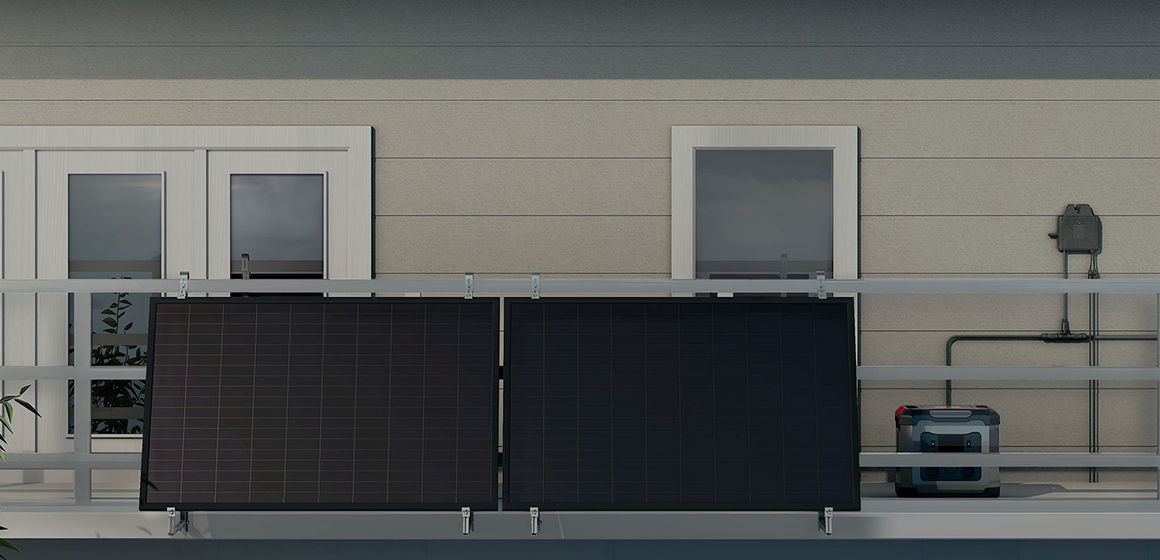Unlock the Secrets to Choosing the Best Solar Power Solutions for Your Business!
In recent years, the importance of solar power solutions in the commercial sector has skyrocketed. As businesses increasingly seek ways to cut costs and promote sustainability, solar energy stands out as a powerful solution. Imagine significantly reducing electricity bills, contributing to a healthier planet, and gaining energy independence—all while enhancing your brand's reputation. However, with numerous vendors and products available, careful evaluation is crucial. This article aims to guide you through the process of selecting the best solar power solutions for your business, ensuring you make informed decisions that align with your energy needs and financial goals.

Understanding Your Business's Energy Needs
Before diving into the world of solar power, it's essential to assess your business's current energy consumption. Start by examining your energy bills over the past year to identify usage patterns. Understanding peak usage times and seasonal fluctuations will provide insights into your energy needs. Additionally, consider future expansions or changes in operations that may affect your energy consumption. To gather the necessary data, consider conducting an energy audit, which can help pinpoint areas where energy efficiency can be improved. Engaging with energy consultants or utilizing energy monitoring tools can also facilitate this process. By accurately understanding your energy requirements, you can make informed decisions about the type and scale of solar power solutions that would best fit your business.
Types of Solar Power Solutions Available
When exploring solar power systems for commercial spaces, you'll encounter various options, each with its unique advantages and disadvantages. Rooftop solar systems are popular for their space efficiency and ability to integrate seamlessly with existing structures. However, they may not be suitable for businesses with limited roof space or shading issues. Ground-mounted solar systems offer flexibility and the potential for larger installations, but they require more land and may face zoning restrictions. Solar carports are an innovative solution, providing shade for vehicles while generating energy, making them ideal for businesses with parking facilities. Each type of system has its own suitability based on factors like available space, energy needs, and local regulations, so it's essential to evaluate which option aligns best with your business objectives.
Evaluating Solar Power Vendors
Choosing the right solar power vendor is a critical step in your solar journey. Start by researching potential vendors and assessing their experience in the industry. Look for customer reviews and testimonials to gauge satisfaction levels. Certifications such as those from industry associations can indicate a vendor's credibility and expertise. Warranty offerings are also crucial—ensure that the vendor provides robust warranties on both the equipment and installation. When meeting with potential vendors, prepare a list of questions to ask, such as their approach to maintenance, system performance guarantees, and project timelines. Engaging in thorough discussions will help you understand their capabilities and align them with your expectations.
Comparing Solar Power Products
As you evaluate solar vendors, it’s equally important to compare the solar products they offer. Familiarize yourself with different solar panel technologies, including monocrystalline, polycrystalline, and thin-film panels. Monocrystalline panels are known for their high efficiency and longevity but can be more expensive. Polycrystalline panels tend to be less efficient but are often more affordable. Thin-film panels, while lightweight and flexible, generally have lower efficiency rates. It's vital to consider not only the upfront costs but also the total cost of ownership over time, including maintenance and performance. Each technology has its pros and cons, so align your choice with your business's energy goals and budget constraints.
Financing Options for Solar Installations
Financing solar installations can significantly impact your business's cash flow and return on investment. Various options are available, including loans, leases, and power purchase agreements (PPAs). Loans allow you to own the system outright, leading to long-term savings, but they require upfront capital. Leases provide a way to use solar power without a significant initial investment, but you'll be making ongoing payments without ownership benefits. PPAs let you buy power generated by the solar system at a predetermined rate, which can be beneficial if your business prefers to avoid large upfront costs. Understanding the implications of each financing option is crucial for making a decision that supports your financial health while transitioning to solar energy.
Summary of Solar Solutions for Business
In summary, adopting solar power solutions for your commercial space offers numerous benefits, including cost savings, sustainability, and energy independence. However, the journey to solar adoption requires careful evaluation of your business's energy needs, the types of solar systems available, and the vendors and products on the market. By taking a proactive approach in assessing these factors, you can ensure that your investment in solar energy aligns with your long-term business goals. Embrace the transition to sustainable energy practices, and enjoy the long-term advantages that solar power can bring to your business.







